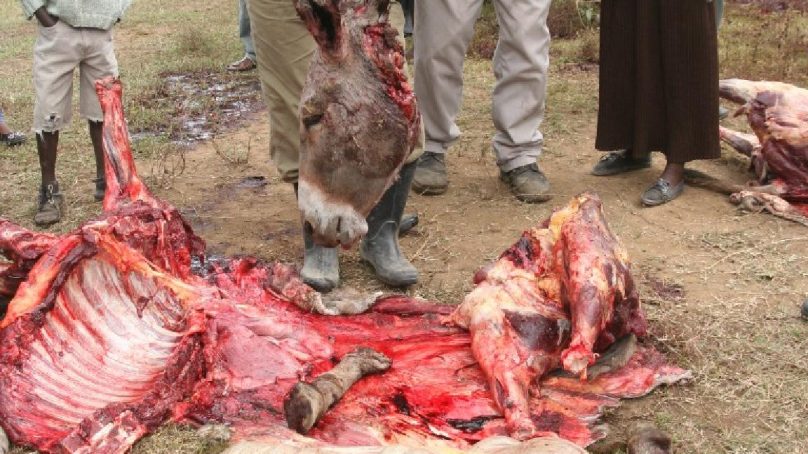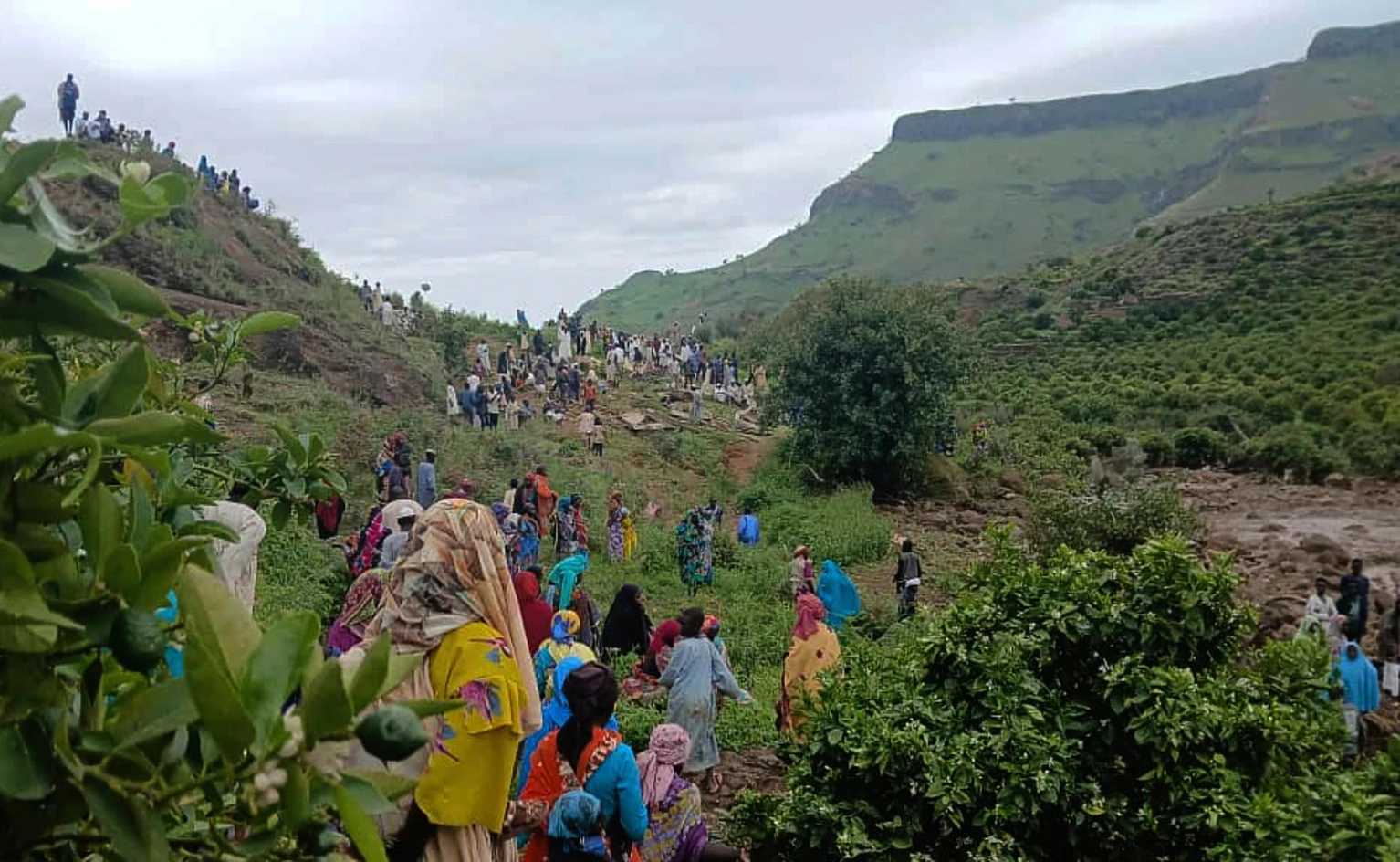
Media Council of Kenya has volunteered to provide financial support to local journalists to write in-depth reports on animal welfare in the country.
The story grant is expected to facilitate journalists to travel to remote parts of Kenya where donkeys are the main means of transport. The project is also expected to generate solution based content on animal welfare focusing on their economic role and threats faced.
According to Director of Media Training and Development at MCK Victor Bwire, reporters must adhere to the ethical tenets of journalism during information gathering, research and writing an impactful story.
Bwire said the grant will facilitate journalists to undertake fact-based research on animal welfare, highlight challenges faced and offer possible solutions to issues raised.
Speaking to reporters in Nakuru County during an awareness creation workshop on animal welfare in Naivasha, Bwire told journalist to adopt the use of new technology such as artificial intelligence (AI) to enhance research and fine-tune stories.
He, however, warned against plagiarism, noting that local media houses have adopted anti-plagiarism tools to protect their credibility against widespread fake news, especially on social media networks.
“MCK has adopted a new code of ethics for media practice that institutes new guidelines and especially on the use of AI in journalism, user-generated content and protection of children from harmful content,” Bwire said.
This comes after reports showed increased cases of illegal donkey slaughtering, which is reportedly being driven by high demand for hides in the international market.
According to Elijah Mithigi, a programme officer at Brooke East Africa, there’s a huge demand for donkey hides and meat in international market that is fuelling illegal animal slaughtering across various counties.
He accused the illegal Chinese traders in the country for being behind increased incidence of donkey slaughtering for hides that attract a huge fortune in China for use in medicinal purposes.
Mithigi said the new wave of illegal donkey slaughtering risks negating the gain made in enhancing the threatened donkey population since the government ban on the trade four years ago. According to Kenneth Wamuga, the CEO of Farming Systems Kenya, donkey population in the country declined by 700,000 from 1.8 million in 2009 to 1.1 million in 2019.
Wamuga said the donkeys were further threatened after the government issued permits to four slaughterhouses that led to increased theft of donkeys, illegal bush slaughtering and sale of uninspected donkey meat to Kenyans.
However, Wamuga said due to growing public outcry, the government revoked all the licences issued in to Goldex Kenya Ltd, Star Brilliant, Fuhau and Silzha companies in February 2020, making it illegal to trade in donkey meat and hides.
He said that within three years of allowing legal donkey trade in the country, 15.4 per cent of the animal population was wiped out with research showing that Kenya would have slaughtered its last donkey last year if the trade continued.
The CEO added that, as a result of public awareness on the plight of donkeys on the continent, the African Union Heads of State in 2024 agreed to ban the trade in donkey hides for 15 years. This, according to AU, would inform better future policy decisions.
However, Wamuga noted that Kenya is yet to gazette last year’s outcome of the AU decision to effect the continental ban with a new wave of illegal donkey slaughtering being reported. He said that new cases of illegal slaughtering driven by high demand for donkey hides have hit Embu, Kisumu, Kirinyaga and Murang’a counties with farmers left counting losses over theft of their animals.
Wamuga said the organisation’s partnership with security agencies has rescued over 500 donkeys in the past few months. The donkeys were en-route to slaughterhouses.
Bwire said journalist should help amplify and inform the public on the health risks posed by illegal donkey slaughtering, noting that uninspected meat is often sold to unsuspecting Kenyans.
He said the training offered to scribes will enable them investigate and expose illegal networks that fuels the trade as well as raising awareness on policy makers to review current legislations that slaps lenient fines to culprits.
To write award winning stories, MCK Assistant Director for Media Curriculum Development Christine Nguku said journalists must uphold creativity, news value, quality, use clear and active language and ensure uniqueness in storytelling.
- A Tell Media / KNA report / By Erastus Gichohi
Members of the public view the carcasses of some of the donkeys that were found slaughtered in Kayole estate of Naivasha town.







